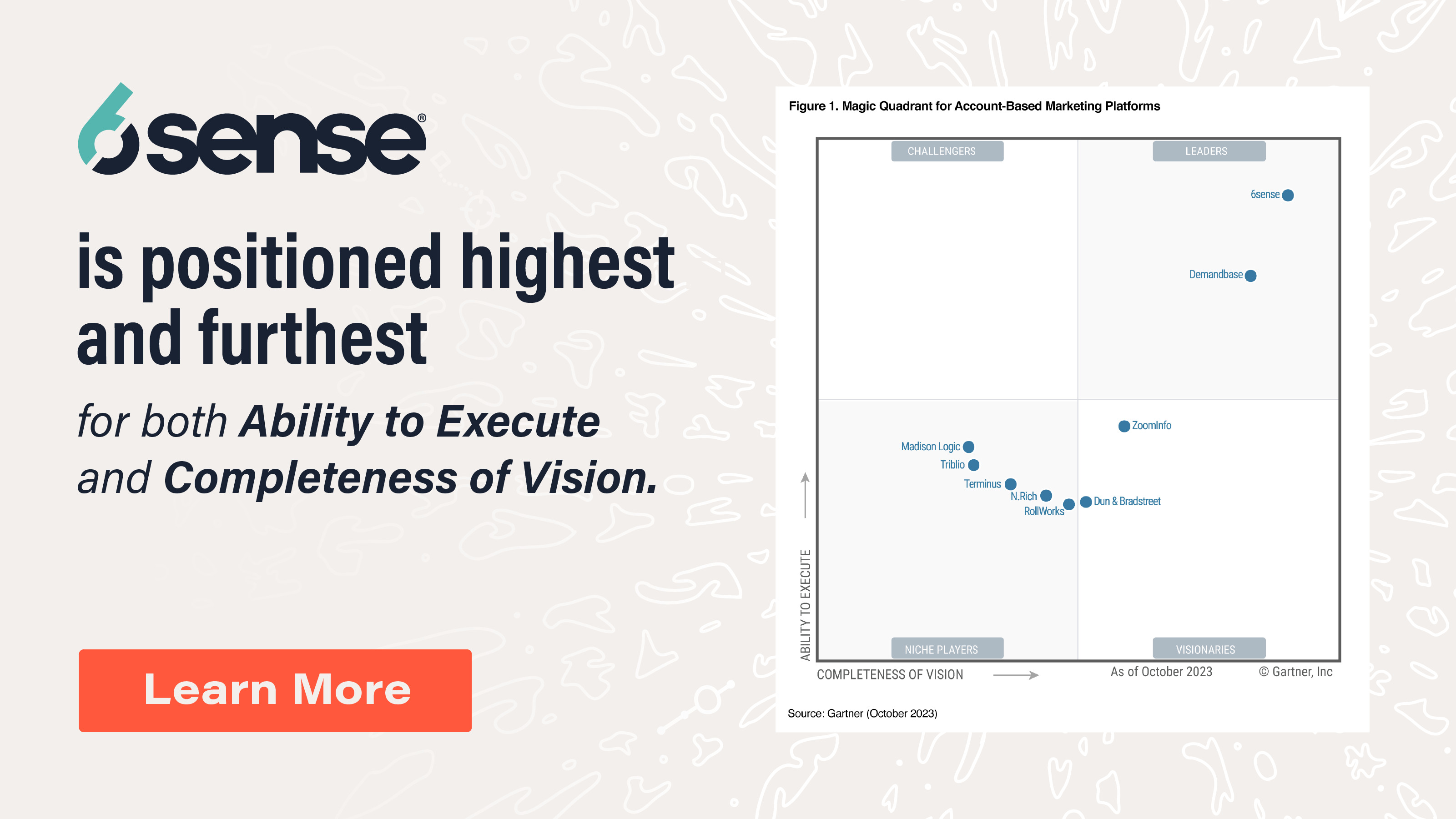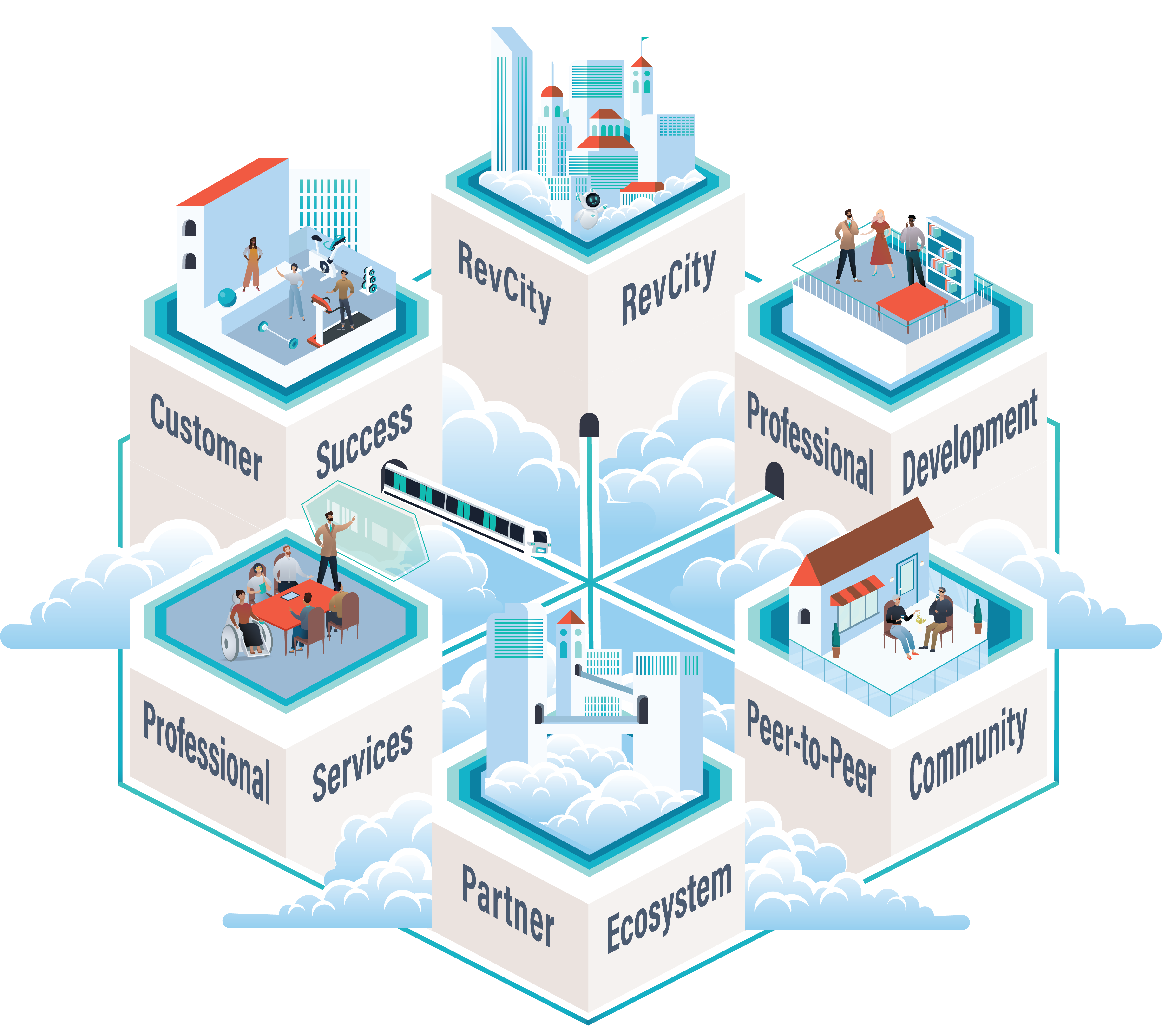What is B2B Data Erosion?
B2B data erosion, a phenomenon also known as data decay, is the gradual decrease in the accuracy and usefulness of data over time due to changes in customer information, contact details, and other sources of data. This can lead to data becoming outdated, incomplete, or inaccurate — resulting in poor business decision-making and customer service.
Why Does Data Decay Happen?
As buyers change roles and businesses evolve, contact information becomes outdated. Mergers and acquisitions typically involve integrating different systems, and without governance and management systems in place, discrepancies occur.
A lack of data cleaning and deduplication processes also causes decay, as organizations are left with an abundance of messy and redundant data. Miscommunication between departments may also contribute, as the same information may be entered in different ways, creating inconsistencies.
Finally, insufficient data security may lead to unauthorized access to sensitive information or malicious data corruption.
Tips to Prevent Data Decay
Fortunately, data decay is preventable with these practices:
- Establish a data governance system that enforces the rules and regulations related to data maintenance.
- Incorporate data quality checks into daily operations to make sure data accuracy is maintained.
- Develop a system for regular data audits to identify and correct potential errors.
- Use automation technology to regularly update, clean, and validate data.
Data decay is a major concern for B2B businesses who are looking for ways to drive efficiency and growth. 6sense provides the most up-to-date and accurate data in the industry, allowing businesses to make informed decisions and remain competitive. 6sense’s AI-powered data cleansing and enrichment provides businesses with confidence that the data underpinning their B2B efforts is solid.





